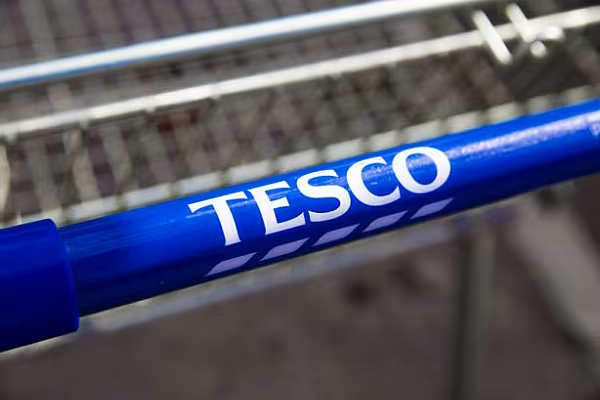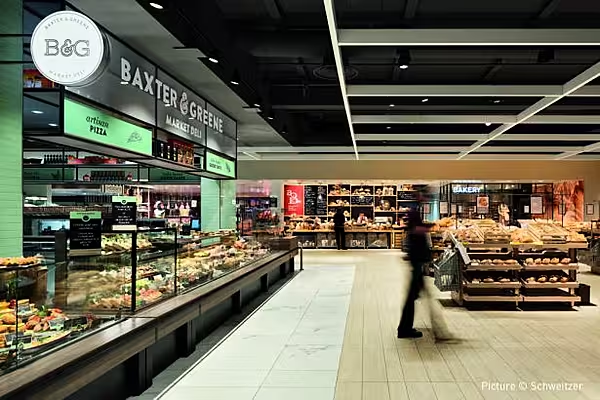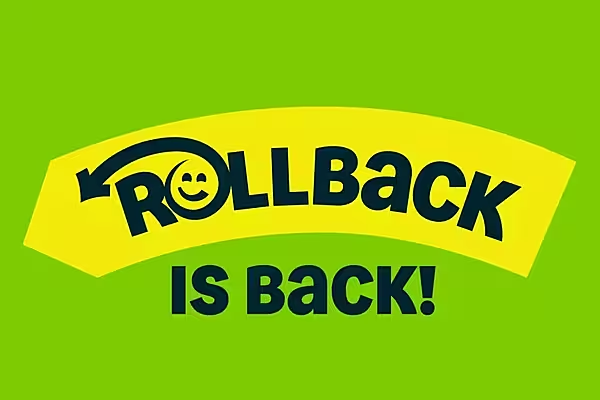Tesco’s chief executive officer said he was shocked to discover that the company had overstated profit by about £250 million, despite asking senior managers to flag any financial challenges as he got to grips with a new job.
Dave Lewis testified Thursday at the London trial of three former Tesco executives accused of the accounting fraud that wiped £2 billion off the grocery chain’s market value.
While Lewis said he was aware of tensions with suppliers and issues surrounding the company’s financial structure, he had no idea profits had been overstated.
Ex-UK chief Chris Bush, Carl Rogberg, the former British finance director, and John Scouler, ex-UK commercial director, were charged in September 2016 following a two-year Serious Fraud Office probe.
The three face as long as 10 years in jail for fraud and seven for false accounting if they are convicted.
Accounting Investigation
Lewis first learned about the overstatement when he was pulled out of a meeting by a lawyer with what has become known as the 'legacy' paper that was put together by a group of junior accountants that exposed the profit gap.
“I had never seen anything like this before,” Lewis said in court during a rare appearance of a current CEO at a UK criminal trial.
“It was quite clear that from having read the paper, and the manner in which it was served, I felt that it had to be taken very seriously.”
When Tesco made the public announcement about the overstatement on the morning of 22 September 2014, a "huge amount of investigation" went into verifying the numbers and where the problem had occurred, Lewis said.
"I think the thing that was unique to this paper was the indication that the numbers that had been declared had a potential misstatement within them," Lewis said.
Deeply Concerned
When Lewis began talks to take the top job at Tesco, months before the accounting scandal emerged, the company faced a range of problems.
Shortly after being offered the job in the summer of 2014, Lewis was told about unhappiness with then CEO Philip Clarke’s strategy and that there was “appetite for change." Clarke and the rest of his team had disagreed about how much profit the grocer could book that year.
Clarke thought Tesco could reach a trading profit of £2.8 billion, while the other executives felt £2.4 billion to £2.5 billion was more realistic. After Lewis cut prices and put an end to kickbacks from suppliers, Tesco reported profits of just £1.4 billion.
After 28 years at Unilever, Lewis knew Tesco’s relationships with suppliers needed improving, but the full extent of the grocer’s turmoil didn’t become apparent until after he took the job.
At one early executive-committee meeting in September 2014 that Bush attended, Lewis said he asked to be told if there were any serious problems he should know about.
The board “should alert me if there was a significant financial issue for the group and indeed reputational,” Lewis said of the meeting. Asked if anyone raised any issues, Lewis said “not at all.”
Lewis said after delving deeper into Tesco’s financial position he was “deeply concerned" by the extent of lease obligations on its stores and the scale of losses in some units, such as the Blinkbox video-on-demand service.
News by Bloomberg, edited by ESM. Click subscribe to sign up to ESM: The European Supermarket Magazine.













